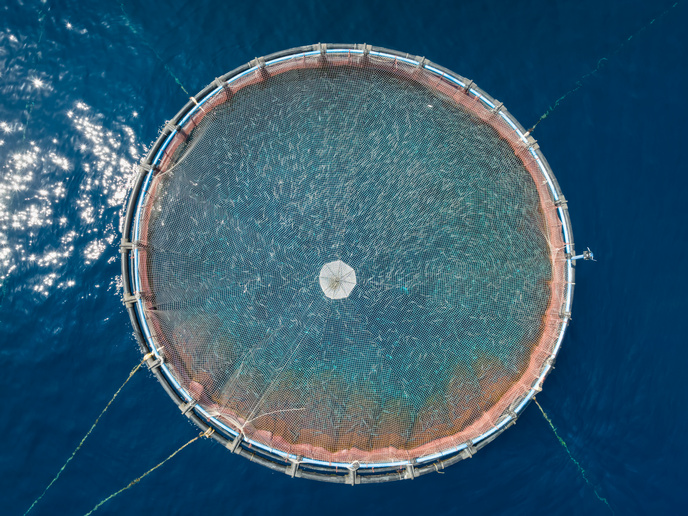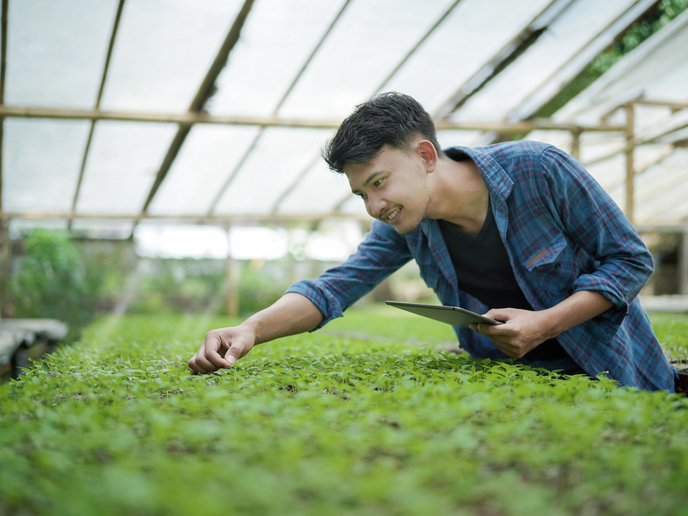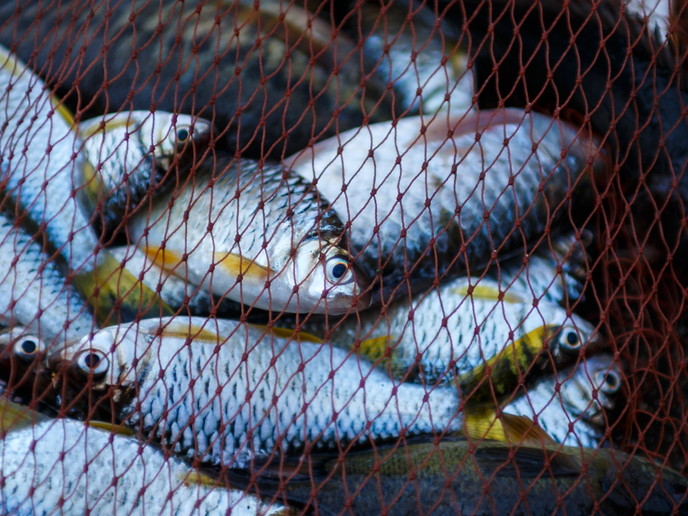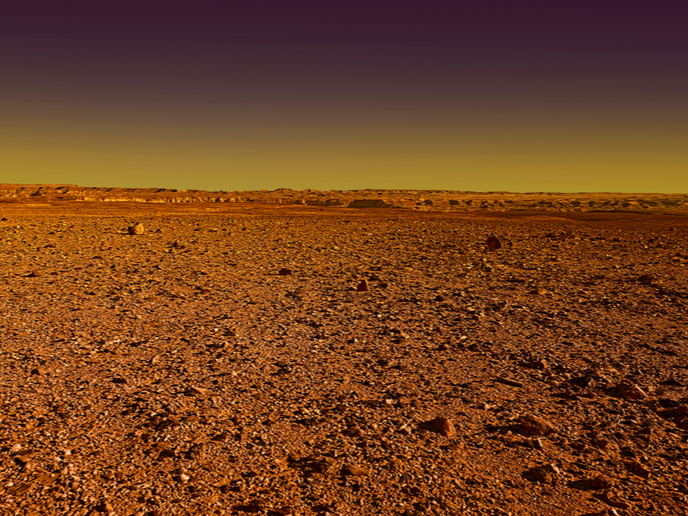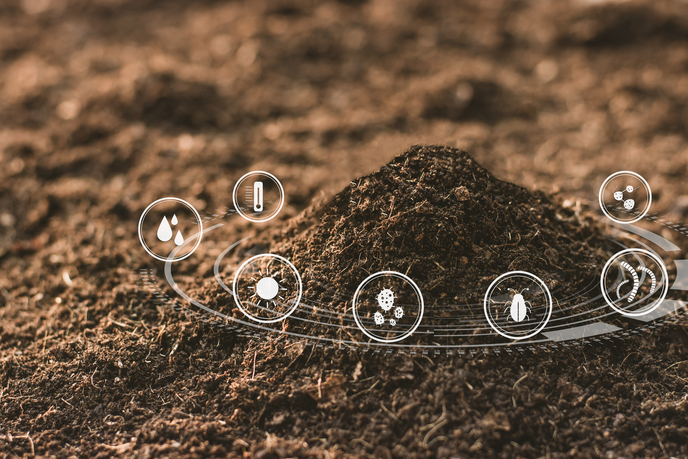Feeding the future with sustainable aquaculture
Aquaculture, the aquatic equivalent of agriculture, facilitates fish production under controlled conditions. It provides a critical pathway to replenish wild stocks and support biodiversity conservation. With the world population projected to increase by 30 % by 2050, the issue of ensuring a safe and nutritious food supply while minimising environmental impact has become more pressing than ever.
Diversification of European aquaculture
To meet future demand and enable long-term sustainability, the European aquaculture sector is aiming for 4.5 million tons of sustainable seafood annually. However, current aquaculture production involves a small number of species, including salmon, trout, sea bass, sea bream, mussels, and oysters. The EU-funded NewTechAqua project was established to advance and diversify European aquaculture through technologically advanced, resilient, and sustainable solutions. “We wanted to demonstrate that sustainability and profitability in aquaculture can go hand in hand. We combined scientific research, industry collaboration, and real-world validation to improve efficiency, resource use, and resilience in aquaculture systems,” explains project coordinator Alessio Bonaldo.
Sustainable solutions
NewTechAqua replaced wild-captured fishmeal and fish oil with by-products of fisheries, aquaculture, and microalgae to create zero-waste diets. New feeds enriched with natural additives enhanced fish health and significantly reduced disease incidence, such as Sparicotyle chrysophrii in sea bream. Microbiome application studies introduced novel means of improving fish health through tailored nutrition. By leveraging big data and artificial intelligence, the consortium developed epidemiological models that predicted disease outbreaks in salmon and Mediterranean species. They also enhanced disease resistance in key aquaculture species, such as oysters, using various genomic selection approaches. NewTechAqua demonstrated sustainable farming systems, such as recirculating aquaculture where water is cycled and reused after mechanical and biological filtration. Biofloc technology was also tested to enhance the growth of grey mullet by using beneficial microorganisms to improve water quality and recycle nutrients.
Real-world conditions testing
Many of NewTechAqua’s innovations were tested in the field under commercial environments. Validation was a rigorous process, beginning with training aquaculture experts through webinars and classroom learning, followed by lab-scale tests in controlled environments. The consortium compared the most promising diets for their impact on fish growth, immunity, and microbiome stability. There were impressive gains in health and sustainability, identifying the potential of NewTechAqua to enhance the industry’s environmental performance, as well as its economic competitiveness and long-term sustainability.
Project recognition
NewTechAqua has had a tangible and far-reaching impact on shaping the future of sustainable aquaculture across the Mediterranean region. Several of the companies involved in the project are currently commercialising some of the most significant innovations to ensure that they are translated into tangible benefits for the sector. “The territorial impact of NewTechAqua extends beyond the European Union, reaching aquaculture stakeholders in non-EU Mediterranean countries,” highlights Bonaldo. This wide-reaching impact has been recognised by two prestigious awards. The 2023 WestMed Award for Sustainable Fisheries and Aquaculture Development acknowledged NewTechAqua as an exemplary project that embodies sustainability, innovation, and resilience in Mediterranean aquaculture. Moreover, the MedFish4Ever Award for Innovative Practices in Aquaculture recognised the project’s role in developing scalable, cutting-edge solutions to improve regional cooperation and sustainable marine aquaculture practices.
Keywords
NewTechAqua, aquaculture, sustainability, zero-waste feeds, microalgae, recirculating aquaculture, biofloc technology



